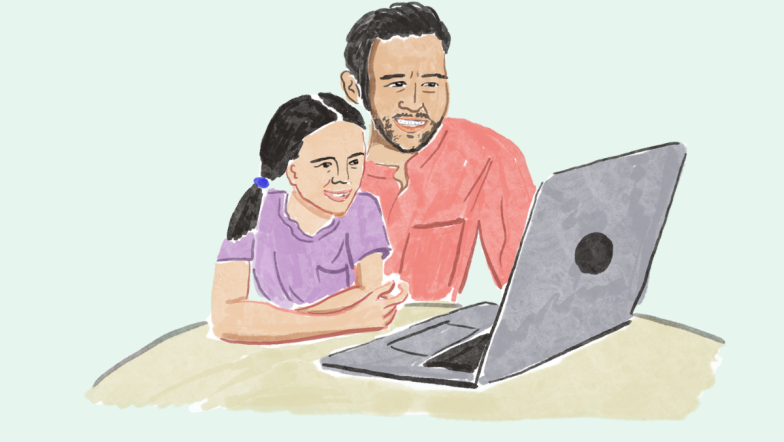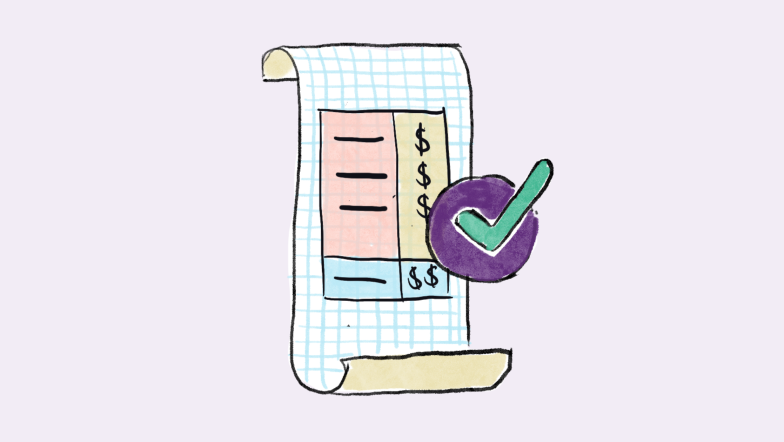Melbourne, don’t criminalise homelessness
24 Feb 2017
As many of us were easing ourselves into the New Year in 2017, the media exploded with stories about people sleeping rough outside Flinders Street Station.
The negative media coverage was relentless. The front page of the Herald Sun was depressingly titled ‘Grand Slum’, referring to the Australian Open.
Melbourne’s Lord Mayor was initially strong in his position. He said he had seen cities around the world that bundled homeless people up and shipped them out, and that this wasn’t the kind of city Melbourne wanted to be.
Disappointingly, after further media pressure, his position changed and it was announced that the council was proposing tougher local laws to respond to rough sleeping in Melbourne.
Proposed laws would effectively criminalise homelessness
The proposed changes broaden the existing ban on camping, so that camping includes sleeping with a sleeping bag or blanket. They also create a new ban on leaving items unattended. People can be fined $250 or charged for either of these offences. People’s unattended items can also be confiscated; to get them back they will have to pay a fee.
“Homeless Law knew we had to act quickly”, said Lucy Adams, manager of the Homeless Law team. “We see every day the harsh and ineffective impact of using fines, charges and move-on powers to tackle homelessness. We don’t want to see our city go down this path”.
“Informed by the evidence from our work and the insights of our clients, we worked with our partners across the legal, housing, homelessness and faith-based sectors to prevent Melbourne going down a path that’s doomed to fail”.
The legal sector took a stand against the harsh new laws
The United Nations have raised human rights concerns twice, and over 84% of the 2500 people and organisations that contributed to the council’s consultation oppose the proposed changes. Justice Connect and the homeless service sector knew that they had to speak up, so a coalition of 54 leading organisations presented the council with a framework for responding effectively to homelessness in Melbourne.
“We wanted to highlight the risks of these laws. We also wanted to give council constructive solutions and assure them that there is another, better way forward”, Lucy said.
In a welcome development, the decision on the proposed laws, initially due in May was adjourned twice for further consideration.
Finally, after months of campaigning, Melbourne City Council changed direction, and decided not to criminalise homelessness.

